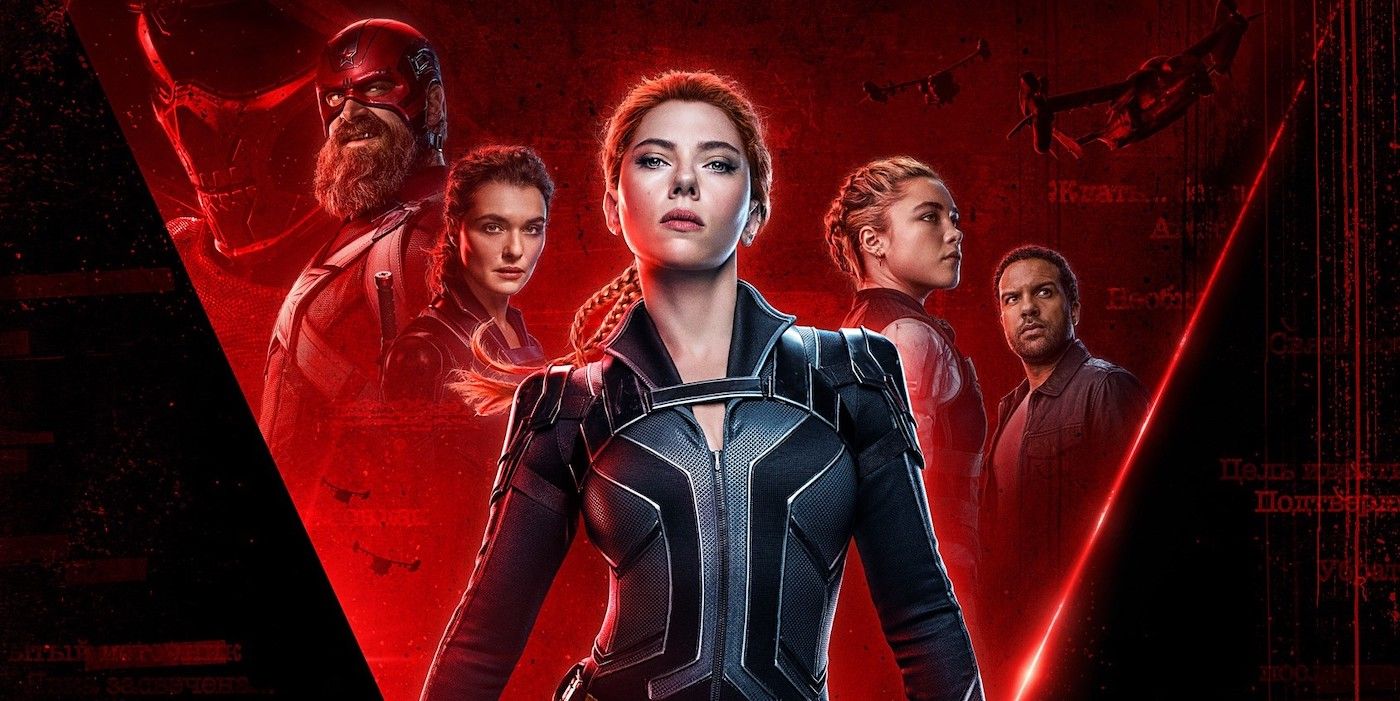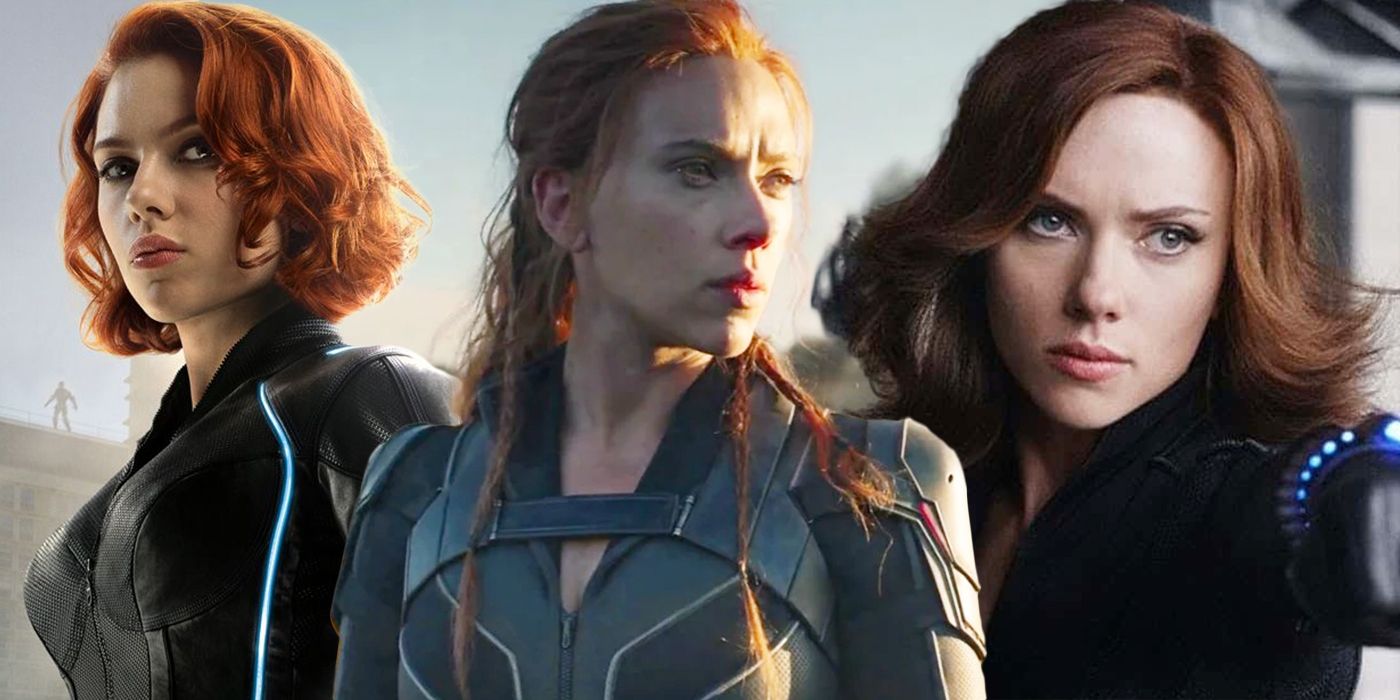Many are wondering what effect Scarlett Johansson's lawsuit over her Black Widow contract will have on Disney, Marvel Studios and how Hollywood handles streaming services moving forward. While some question the merits of Johansson's case, some legal experts speculate that sweeping changes could come from having such a prominent actor raise the issue of how professional artists are compensated for their work for multi-media productions. At the very least, Disney may renegotiate some contracts with their biggest stars to head off a wave of similar lawsuits.
The controversy began on July 29, when Scarlett Johansson filed a lawsuit against Disney, claiming that the company acted in bad faith by simultaneously releasing Black Widow in theaters in the U.S. and on the Disney+ streaming service. Johansson's contract with Marvel Studios for Black Widow based her final salary upon the film's box-office receipts, but did not apparently offer any bonuses based upon revenue from digital downloads. While the exact details of Johansson's contract are not publicly known, Disney's actions likely cost Johansson millions of dollars in bonus revenue, as Robert Downey Jr. had a similar contract for Avengers: Endgame and made over $50 million from his box office revenue bonus. Disney was quick to attack Johansson's lawsuit in an official and largely controversial statement, saying that there was "no merit whatsoever" to her claims.
New technology has often been a cause of conflict between Hollywood studios and the various trade guilds for creative crafts. The invention of television, for instance, prompted a battle between production companies and the Screen Actors' Guild regarding the actors' right to a share of the screening fees charged for films to be broadcast after their original theatrical release. While such residual payments are a standard benefit for film actors today, they were quite controversial at the time. Since then, similar battles have been waged over residuals for works rebroadcast on cable networks and digital streaming services such as Netflix and Hulu. In the post-pandemic era, studios may very well have to rethink contracts where box office returns make up a bulk of the actor's salary in order to keep talent happy and willing to work with them.
Legally, Johansson's lawsuit may be on shaky ground given the assertion that Disney caused Marvel to breach the terms of her Black Widow contract through tortious interference, rather than a more straightforward breach-of-contract suit. While the difference may seem relatively minor to a layperson, it is an important legal distinction, if only because contract disputes are traditionally handled in a private court of arbitration. A tortious interference case, however, would be tried publicly, which might be preferable if Johansson's goal was to call attention to her cause or embarrass Disney into agreeing to her terms. And if other actors join Johansson's cause, then studios may find they have no choice but to renegotiate how contracts are handled in a way that is more equitable and fair for talent.
In either case, Johansson's lawsuit over her Black Widow contract has gone beyond making waves to become a big splash. Other actors whose movies were simultaneously released in theaters and on Disney+ this year are reportedly entertaining their own lawsuits against Disney, including Cruella star Emma Stone. In the end it may prove more profitable for Disney to follow the example of HBO+ and rework the terms of their contracts to offer a bonus to performers based on their streaming service profits than try and fight them in court.









